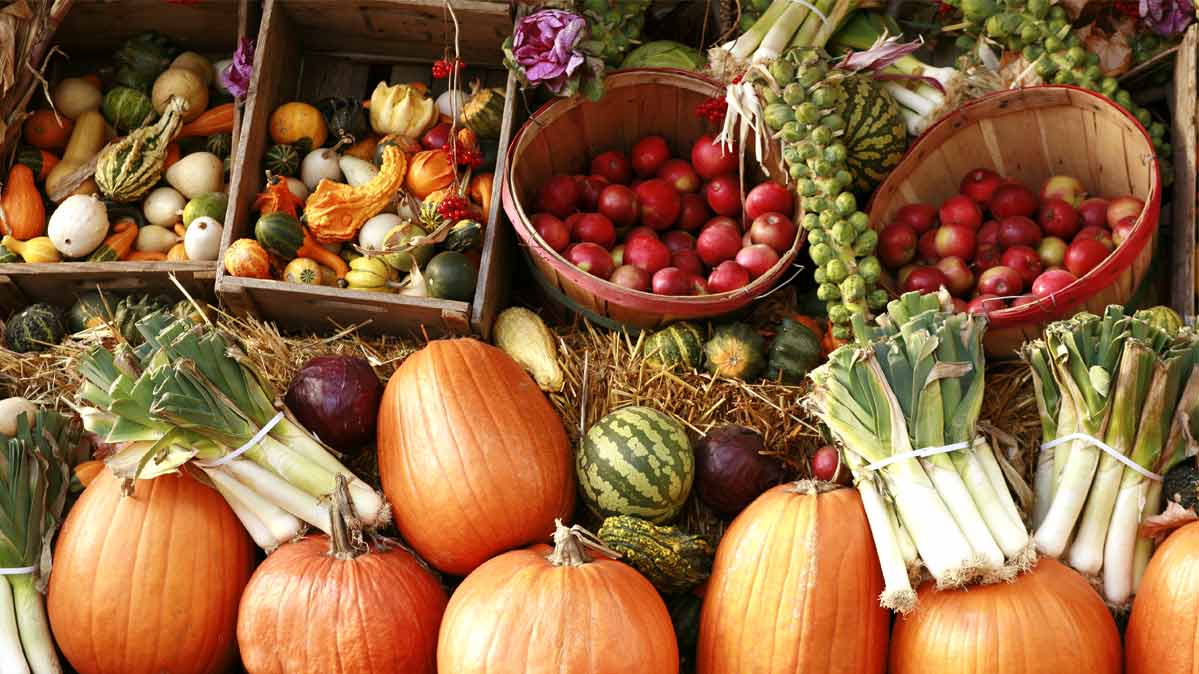Organics/Cancer Study : Inconclusive
"We did expect to find a reduction, but the extent of the reduction is quite important. The most surprising finding was the extent of the reduction, which is far from the usual risk observed for nutritional factors,” "
"[The study strongly suggests] that an organic-based diet could contribute to reducing cancer risk."
"[Most volunteers were] likely particularly health-conscious individuals, thus limiting the generalizability of our findings. NutriNet-Santé participants are more often female, are well educated, and exhibit healthier behaviors compared with the French general population. These factors may have led to a lower cancer incidence herein than the national estimates, as well as higher levels of organic food consumption in our sample."
"These findings should not prevent people from eating fruit and vegetables, whatever the farming system [organic or not], as they are important protective factors against cancer risk."
"It has to be borne in mind that an overall healthy nutritionally diet [rich in fruit and vegetables etc.], whatever the farming system [organic or conventional], as well as high physical activity are important documented protective factors against certain cancers and other diseases."
Dr.Julia Baudry, researcher, Center of Research in Epidemiology and Statistics, Sorbonne Paris Cite
"From a practical point of view, the results are still preliminary, and not sufficient to change dietary recommendations about cancer prevention."
"This is a very difficult area to study, and it’s very hard to accurately assess habitual consumption of organic food."
"Overall, these are interesting results, but they are very preliminary. And it would be premature to make organic food consumption recommendations based just on this study."
Dr. Frank B.Hu, chair of the department of nutrition, Harvard T.H. Chan School of Public Health
"Subjects in the study consuming a high amount of organic food also consumed more fruits and vegetables, were well educated, and engaged in other health-promoting behaviors. These factors may also have a risk-reducing effect in regards to cancer. According to research to date, nutritional value of organic vs non-organic produce does not differ significantly. Due to the lack of research on organic foods and cancer risk to date and the limitations of this study, the benefits of consuming a diet with adequate fruits and vegetables continues to be an important dietary factor to advocate for, whether or not the food is organic."
"It is unclear why there was such a high proportion of female participants. A more useful study design might either separate by gender or be more equally inclusive of both sexes."
Kelly Hogan, MS, RD, clinical nutrition and wellness manager, Dubin Breast Center, Mount Sinai, New York

This study out of France followed almost 70,000 adults, mostly women, over a five-year period. The study authors report the most frequent consumers of organic food resulted in 25 percent fewer cancers overall in comparison to those in the study whose diet held no organic foods. Additionally, those whose diet comprised the most organic sources experienced a steep drop in lymphoma incidence, along with a notable reduction in postmenopausal breast cancers.
A commentary that accompanied the study published in JAMA Internal Medicine, written by Harvard-based nutrition experts recommended caution, pointing out the failure on the part of the researchers to test pesticide residue levels present in participants for the purpose of validating exposure levels. More long-term studies to confirm the results are called for, stressed Dr. Frank B. Hu.
A previous large study questioned its participants with respect to organic food consumption in respect of cancer -- a 2014 British study which found a significantly lower risk of non-Hodgkin's lymphoma among women who usually consumed organic food, but also found a higher rate of breast cancers in the organic consumers with no overall reduction in cancer risk whatever. That was known as the Million Women study and the authors pointed out that wealthier, more educated women more likely to purchase organic food had risk factors as well that increased the likelihood of breast cancer; having fewer children and higher alcohol consumption.
Information was provided in the French study by the 68,946 volunteers with respect to their general health, occupation, education, income and other related details. Since it is well acknowledged that people who choose organic food tend to be health-conscious to begin with, and may as a result benefit from other behaviours recognized as healthful, and tend as well to have higher incomes and the benefit of higher education, the researchers adjusted to account for these differences, along with factors such as activity, smoking, alcohol use, family cancer history, and weight.
One reason advanced that an organic diet may reduce breast cancer risk is related to the fact that many pesticides are endocrine disruptors that mimic estrogen function, and hormones play a causal role in breast cancer. Those who most frequently consumed organic food realized 76 percent fewer lymphomas and had a 34 percent reduction in breast cancers developing post-menopause. Study participants were asked to place their consumption of organics in categories of 'never', 'occasionally', or 'most of the time' to enable researchers to compute an organic food score.
Almost 80 percent of the participants were women, with a mean age of 44.2 years. The questionnaires were web-based, focusing on individual diets over three 24-hour periods. Sixteen kinds of organic products were focused on; fruits, vegetables, soy-based, dairy, meat and fish, eggs, grains and legumes, bread and cereals, flour, vegetable oils and condiments, ready-to-eat meals, coffee and tea, wine, cookies, chocolates and other sweets, other foods, and dietary supplements, a fairly exhaustive list.
The study follow-up period revealed 1,340 first-time cancers including breast cancer (459), prostate cancer (180), skin cancers (135), colorectal cancer (99), non-Hodgkin lymphomas (47), and other lymphomas (15). An inverse association with overall cancer risk in those with high organic food scores was identified by the researchers, with an absolute risk reduction of 0.6%.

Labels: Bioscience, Diet, Health, Organic, Research

0 Comments:
Post a Comment
<< Home